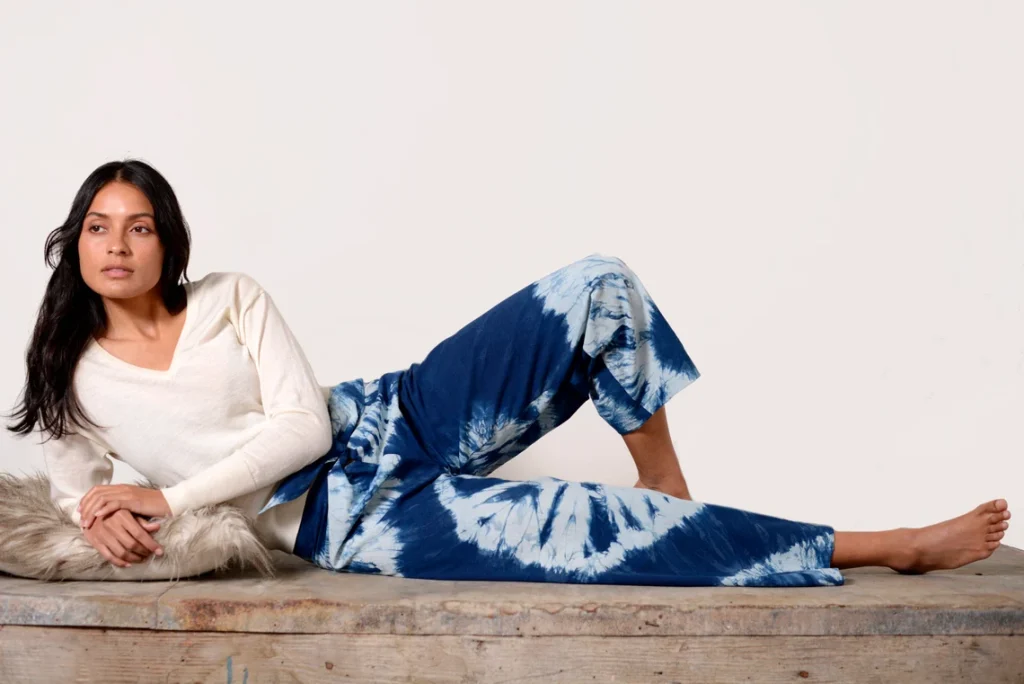 What Is Slow Fashion?
What Is Slow Fashion?
Slow fashion is more than just a trend—it’s a conscious response to the fast-paced, environmentally harmful practices of the mainstream fashion industry. As consumers increasingly seek ethical and sustainable options, slow fashion offers a pathway towards more mindful consumption, emphasizing quality, longevity, and ethical production practices.
At its core, slow fashion challenges the “buy more waste more” mentality of fast fashion. Rather than prioritizing cheap, disposable garments, slow fashion encourages the purchase of fewer, high-quality items that are designed to last. By opting for slow fashion, consumers can reduce their environmental footprint, as the fashion industry is one of the largest contributors to global waste and pollution. Fast fashion, with its reliance on synthetic materials like polyester, contributes significantly to landfill waste and micro-plastic pollution in our oceans.
Who Are The Representatives for Slow Fashion?
Colouron Cotton
Colouron Cotton is a leading example of slow fashion in Australia, focusing on ethical, sustainable clothing made from organic cotton. Their mission is to produce 100% cotton clothing made from eco-friendly fabrics in Australia while ensuring fair wages and safe working conditions for workers.
Unlike fast fashion brands that prioritize speed and profit, Colouron Cotton emphasizes quality over quantity. Each piece is designed to be durable and timeless, encouraging consumers to invest in clothing that will last, reducing the waste associated with frequent fashion cycles.
Highlights of Colouron Cotton—Kala Cotton
Kala cotton is an eco-friendly, carbon-neutral cotton grown primarily in India. It stands out for its sustainability due to its rain-fed nature, requiring no irrigation, pesticides, or artificial fertilizers. Its drought-tolerant properties make it resilient and suitable for regions with low water availability. Unlike other sustainable materials like bamboo, which may involve toxic processes, Kala cotton maintains an entirely safe production method, minimizing environmental impact.
-
- Water Efficiency: Grown using rainwater, Kala cotton requires no additional irrigation, making it highly water-efficient compared to regular cotton.
-
- Pesticide-Free: Naturally resilient to pests, Kala cotton doesn’t require harmful pesticides, promoting safer working conditions for farmers.
-
- Sustainability: It supports a fully sustainable production process, from growth to the garment’s life cycle, ensuring minimal environmental impact.
-
- Vegan & Ethical: Clothing made from Kala cotton is vegan, free from harmful chemicals, and ethically sourced.
Lava Living
Lava Living is a small Brisbane-based brand that combines traditional craftsmanship with sustainable textiles to embody the principles of slow fashion. Specializing in Shibori and Indigo dyeing techniques, Lava Living uses plant-based materials like organic cotton, hemp, and Australian super cotton. Their approach is a modern interpretation of ancient textile arts, creating unique, high-quality pieces that stand in stark contrast to the disposable nature of fast fashion.
Charm of Shibori and Indigo Dyeing
The use of sustainable fabrics and hand-dyeing processes ensures that each item is made with care and precision, offering customers a product that is not only stylish but also environmentally friendly. By opting for Lava Living’s handmade creations, customers can support a cruelty-free business that values sustainability and craftsmanship, while also contributing to the preservation of traditional artisanal techniques.
In a world of fast fashion, hand-dyeing represents a shift towards mindfulness, craftsmanship, and sustainability, offering garments that are both beautiful and ethically made. The charm lies in the imperfection, individuality, and story behind each piece, making it more than just clothing—it’s wearable art.

















